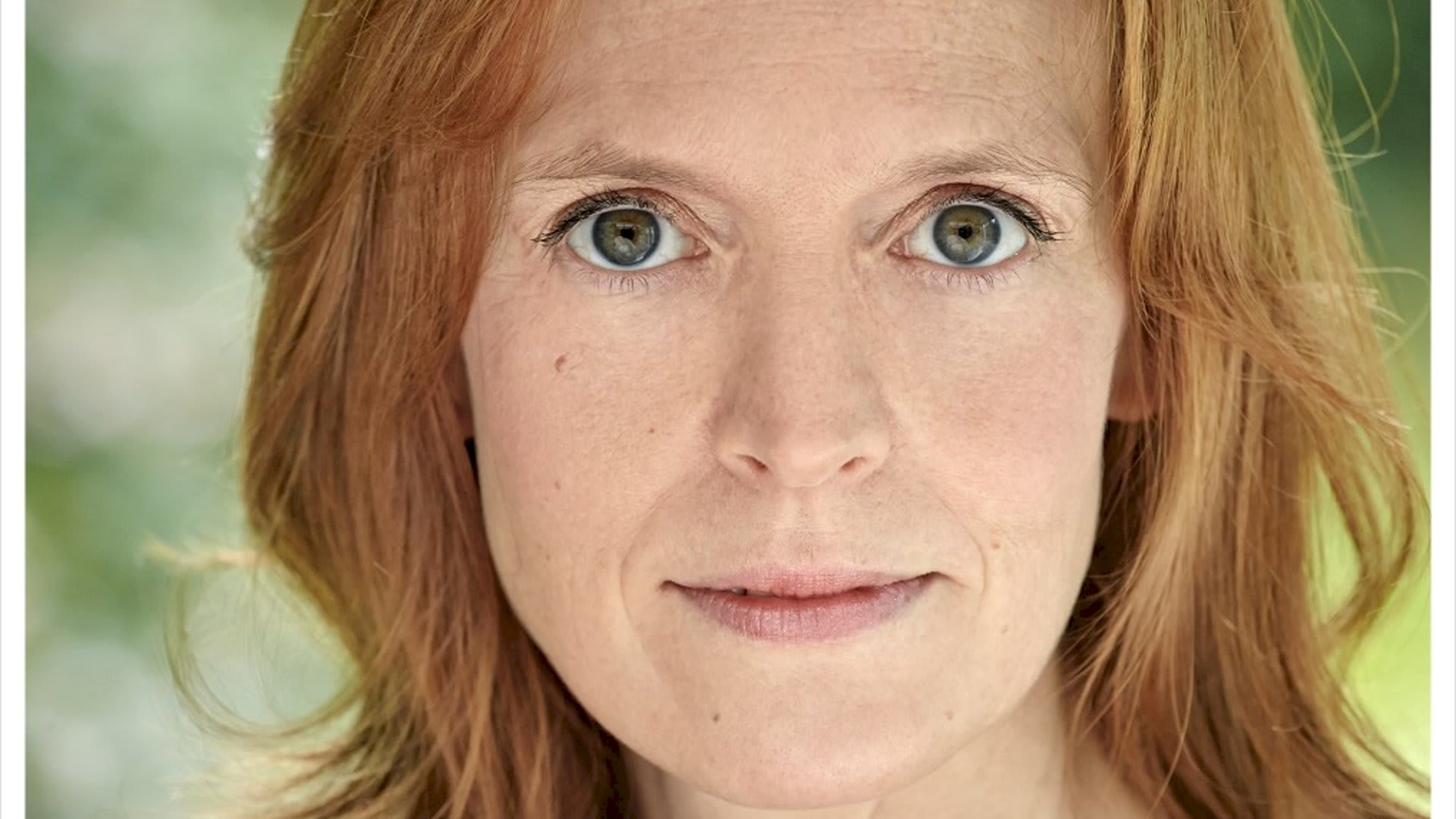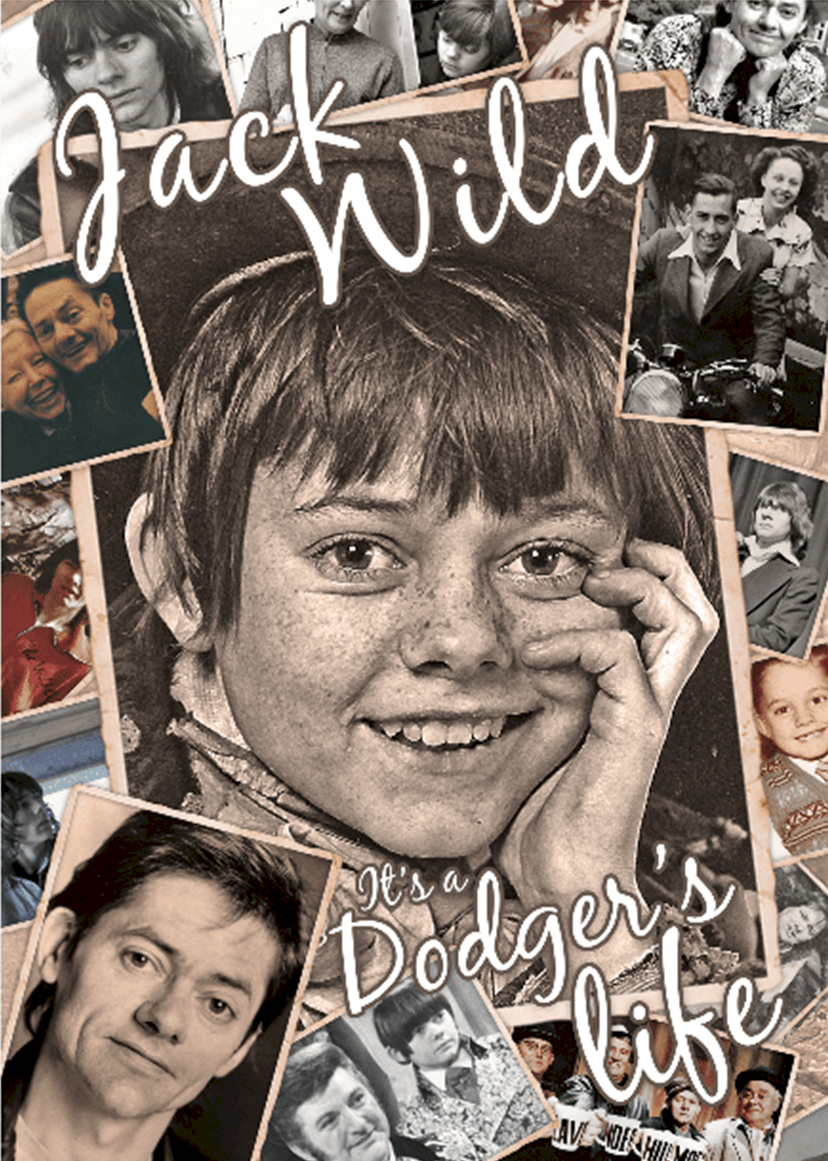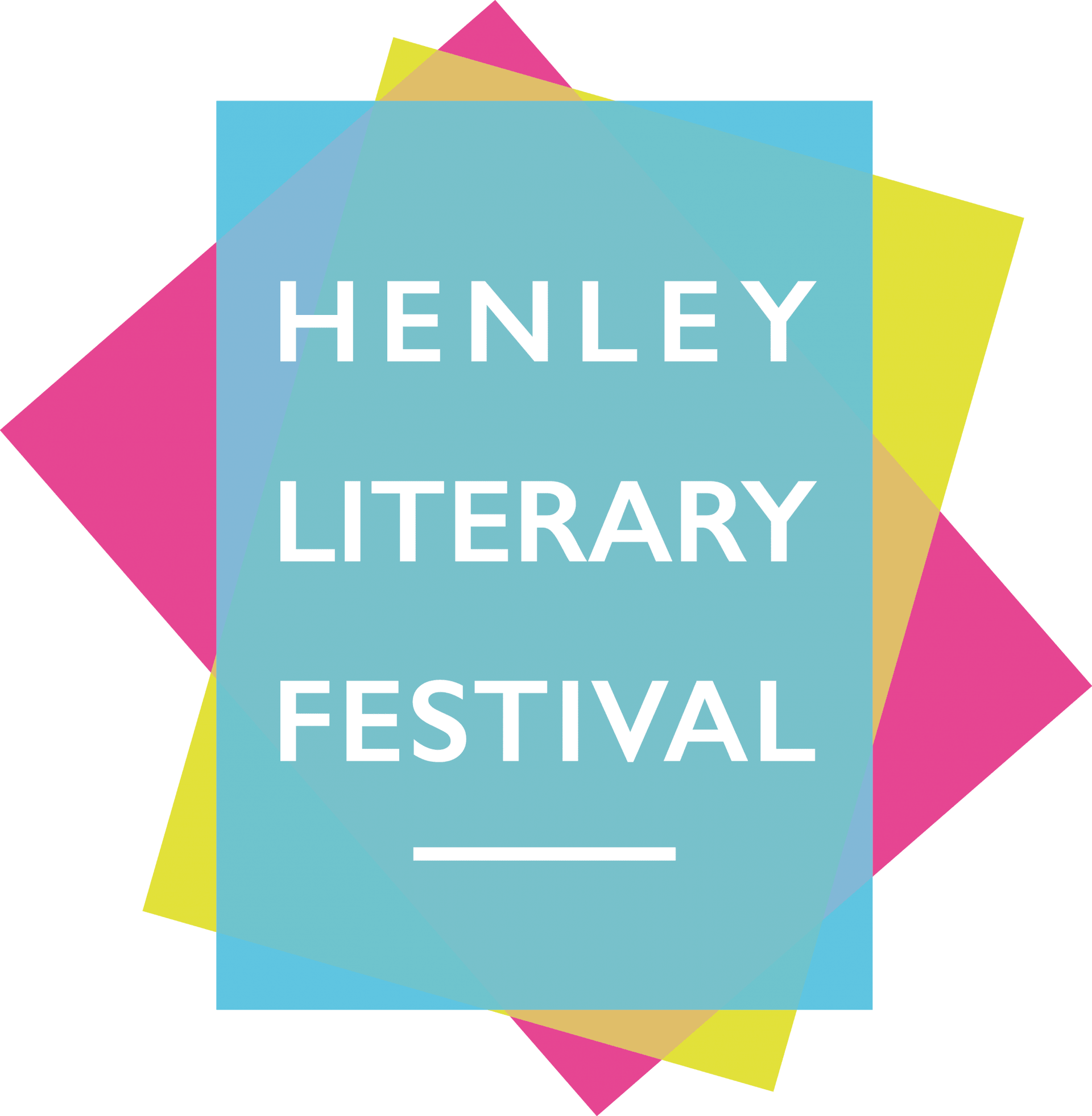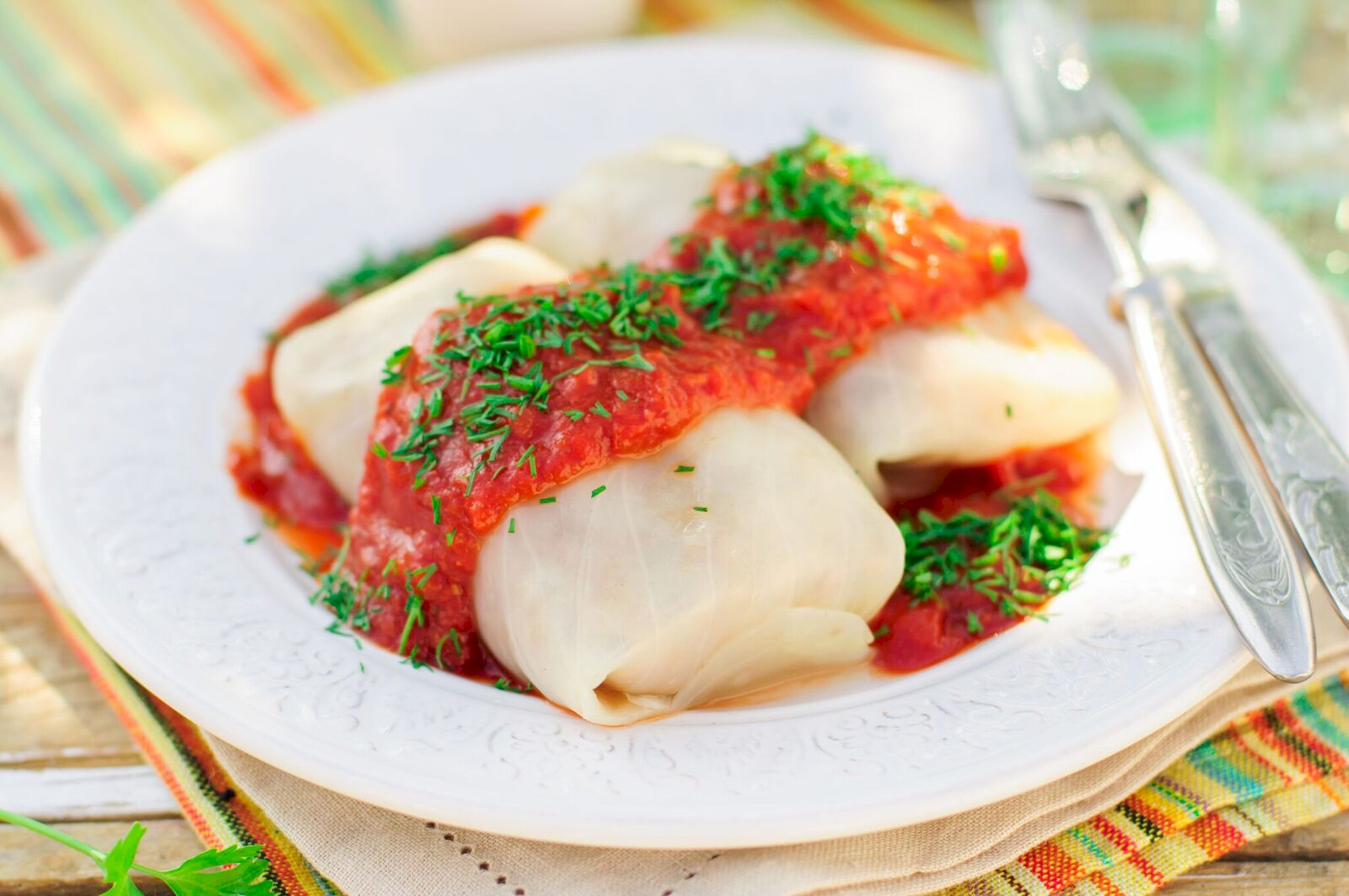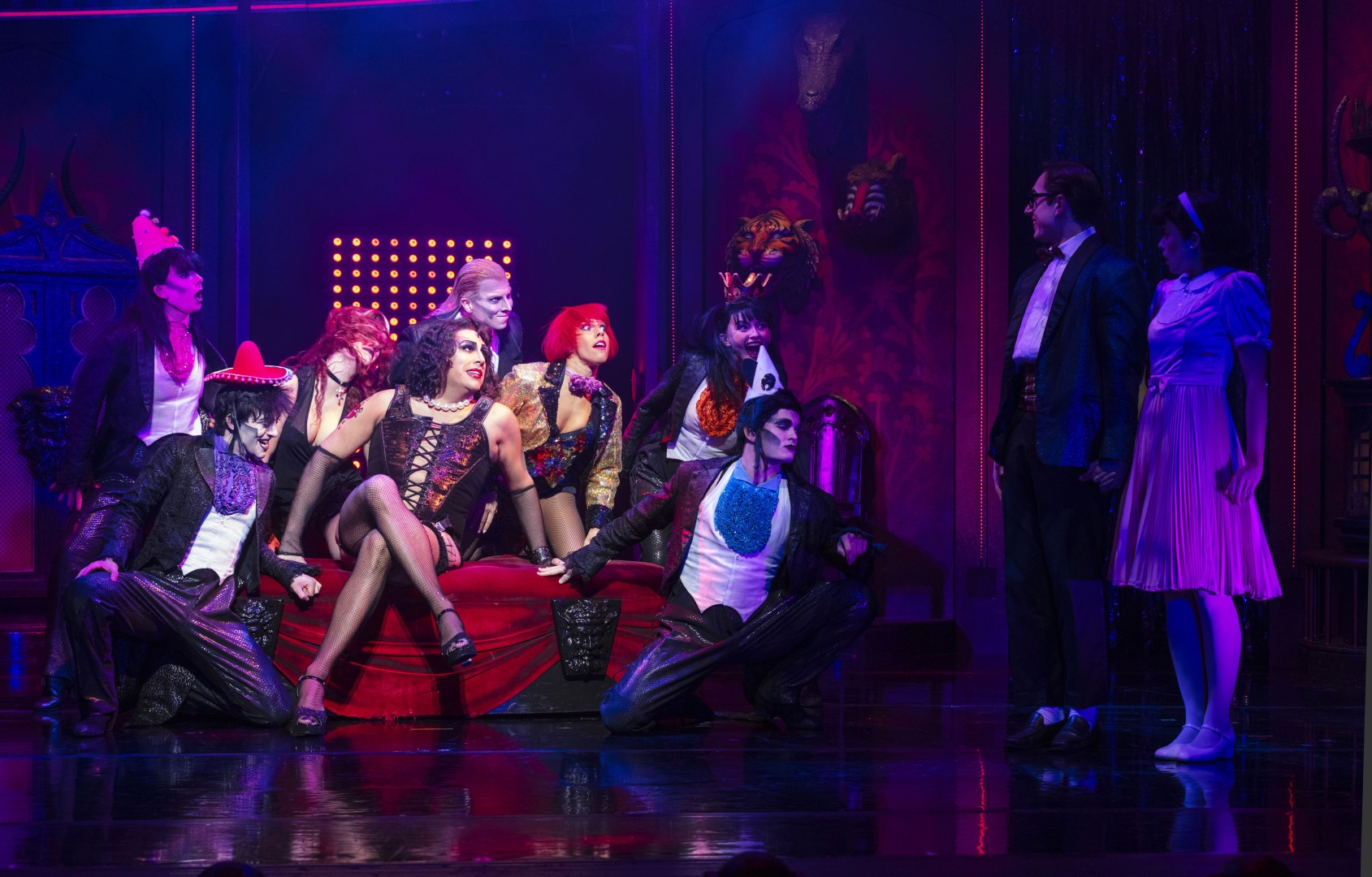Playing the Artful Dodger in the Oscar-winning musical Oliver! propelled Jack Wild to global stardom aged 15.
He would later take starring roles in H.R. Pufnstuf and Robin Hood: Prince of Thieves. Following his death from oral cancer in 2006, his widow Claire Harding-Wild completed his autobiography, It's a Dodger's Life - the paperback and audiobook versions which came out last month. Ahead of her appearance at Henley Literary Festival, we caught up with Harding-Wild, who wants people to know her husband's life was not just that of a child star who battled alcoholism and died young.
When did you first meet Jack Wild?
We met doing pantomime in 1995. He was the star and I was a nobody. Pantomimes run at different times each day, and there was one show that Jack thought was later than it actually was- so he was missing. Someone said to me, "You'll have to go on and cover for him." I was all ready to go but he arrived just in the nick of time and stole my big break from me.
What was your first impression of him?
I was staying in the same digs as him. When I was trying to find digs, I rang the landlady up and said, "Can I stay with you?" She said, "You can't, I've got Jack Wild staying here." I said, "Ok- but I only want a room." She said, "You'll have to be very quiet, not talk to him, and not disturb him." I thought, "Oh my god, he sounds like some terrible prima donna." Actually when I met him he was nothing like that at all- that was just her impression of how you should treat somebody famous. He was just very down-to-earth, funny, generous, warm and easygoing- no airs and graces.
You'd not been married long when he died.
No, not at all, we'd been together for 10 years but we got married just before he died.
Was that because he was ill and you wanted to cement your love for eachother while there was still time?
Jack was very corageous- he'd been through an awful lot, but he wouldn't engage with his cancer at all- he managed to distance himself form it. He wouldn't really concider himself ill; he'd say, "Why am I going to hospital with those ill people?" Because he didn't want to consider or talk about it, I thought, "I won't either." So we never really had a big 'Oh my god, you're dying' - or 'We better get married because you're dying' type conversations. We were just completely committed to eachother so we said, "Let's get married."
When he passed away he'd been off alcohol for some years, hadn't he?
He had a drinking career through the eighties to the point where he'd say that he couldn't really remember the eighties, and he smoked from the age of about 12. But he'd given both up; he was sober for the last 16 years of his life, and didn't smoke for the last ten. Often when people report about him, it's like, "He got drunk and died", which I think makes for a boring story and not the real one, which is that he found the courage to get sober. He was in the worst throes of alcoholism in the eighties- he would drink, vomit, fall unconscious, wake up; drink, vomit, fall unconscious... day and night had no meaning. To go from that point, where your life is nothing really, to becoming sober for 16 years is incredibly impressive. I think what helped him was love of his career- he was so desperate to entertain again. He got sober and his first job after that was Robin Hood: Prince of Thieves with Kevin Costner.
After he died you completed his autobiography which the pair of you had been working on. How hard was that on a practical level?
I think originally somebody said he should write as a therapeutic thing when he was getting over his alcoholism. He would start to write but never really showed much determination, and also tried to pretty it up. I'd say, "Jack, I think people who read your book want to meet you, not a sanitised version of you." So we started voice recording his story; I would ask him questions and he would just say it as it was. When he died I had all the recordings, so it was just a case of drawing the strands together- it wasn't as if I had to start from scratch.
Was it rare for someone of his background to meet with the fame that he did?
I think it was. It came about due to a selection of coincidences. His father and mother worked in thew cotton mills in Manchester. I believe they had a bit of a row with one of the cotton mill masters and so moved to London. Then one day Jack happened to be playing football with a group of lads, and one of those lads was Phil Collins. His mum, June, ran a stage school. She came to pick Phil up from football, saw Jack and his brother Arthur, and said to them: "You two should be in show business." They said, "Don't be bloody stupid, why would we want to do that? We've got a job, we deliver milk- we don't really need another." She said, "Well, I think you might earn a bit more in show business." Arthur and Jack went into show business together, but I think at that stage Jack cared less about it. When he went to the auditions, he had that 'don't care if I get it, don't care if I don't' attitude, and I think that's a powerful thing to have as an actor. He'd done Oliver! in the West End for two years before the film version, but Phil Colins played Dodger because he was too short. Then the auditions came up for the film, everyone went for them, and Jack got Dodger- he was still actually too short and they had to give him special shoes to make him taller than Mark Lester who played Oliver.
Your husband was incredibly charismatic even as a child - there's that Simon Dee interview he gave where he's brimming with likeability.
That cheeky openness carried him through a lot of things, and was very much him, he was like that when I met him. He could laugh at himself as well- he didn't take himself too seriously.
Did he ever tire of people only associating him with Oliver!?
Some reports say Oliver! was his first screen role, and it wasn't. He'd done Z Cars and a film for the Children's Film Foundation. He had quite a lot of screen experience by the time he got the Oliver! job. There was a phase he went through where he'd think, "Can't anyone ask me about anything else?" But having gone through that, he then felt very privileged to have done it. It took a year to shoot, and he said it was the best year ever- working with Carol Reed, Ron Moody, and Oliver Reed, amazing people, on an amazing film. Just before he died, Channel 4 filmed a reunion of the cast; I went to the weekend shoot- they all loved eachother so much, you could feel the energy.
What do you feel when you watch Oliver! now?
I haven't watched it since he died- I would find it very difficult. I knew the film very well before I met him as I think most people in England do. It is an extraordinary film and does stand the test of time. I think he was immensely proud of it and rightly so. I think Britain should be proud of it; it isn't just brilliant acting and directing, the design and set building is phenomenal.
You'll be talking about Jack and It's a Dodger's Life at Henley Literary Festival. What do you want people to take away from your appearance?
People wanted to paint Jack as a tragic child star who ruined his life. Jack never felt that- he felt he had a brilliant life. He would say, "I wish I hadn't drunk so much, I wish I saved money, but apart from that I had a brilliant time." And I would like people to hear that absolute joy- if I can convey that, it would be fantastic.
Claire Harding-Wild appears at Henley Literary Festival 3 October, 8:30pm, Henley Town Hall.
It's a Dodger's Life is published by Fantom and is available now.

